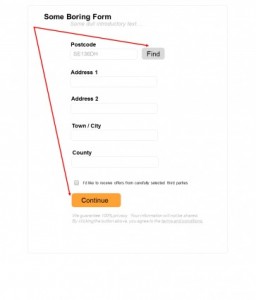The New Year has officially rung in, and many businesses often choose to produce new content ahead of time to have plenty to publish once the holidays are over. This content can often include blogs, which can be written weeks or months in advance depending on how much time is available. The impulse might be to send out this new content the moment January 5th rolls around, but rushing through the publishing process can actually turn out negatively for your business in the long run.

Like any other content, blogs need to be reviewed, edited, and double-checked before they can be released into the blogosphere.
- Go over your content. Selecting a suitable blog topic is not always the easiest task. You want your blog content to reflect your business and the audience you’re intending to attract, but the information still needs to be simple enough for a layman to understand. Any jargon in the blog needs to be properly explained or defined. A blog that isn’t properly explained or relevant to your business is only going to confuse readers, which can end with you losing more followers in the long run.
- Put time aside to edit. This is an extremely important step to make before your blog is sent out, particularly if writing doesn’t come naturally. Depending on the length of the blog and the time it takes you to edit, set aside at least a half-hour to go over your writing. Often, an easy way to edit grammar is by reading your text aloud, because you’ll be able to hear any inconsistencies or awkward phrasings aloud better than reading silently. Additionally, don’t just rely on your word processor’s spell check program—they don’t always catch extremely technical phrases, so it’s a good rule of thumb to go back and check your official texts on the subject to make sure all the words are properly spelled.
- Keep your SEO specific. As you upload your blog to your website, you cannot forget to log your Search Engine Optimization (SEO) before you hit publish. This includes entering in a proper meta description based on your blog, as well as appropriate meta keywords. Using keywords based on the subject of your blog and website makes it easier for search engines like Google and Bing to pull your website and continue to build its rating.
And like all content producing, the most important step is to keep writing! Practice is extremely important with writing, as it’ll become easier and easier to build a wider vocabulary, catch grammar errors the first time, and plan ahead for future blogs.
Digital & Social Articles on Business 2 Community
(232)
Report Post





